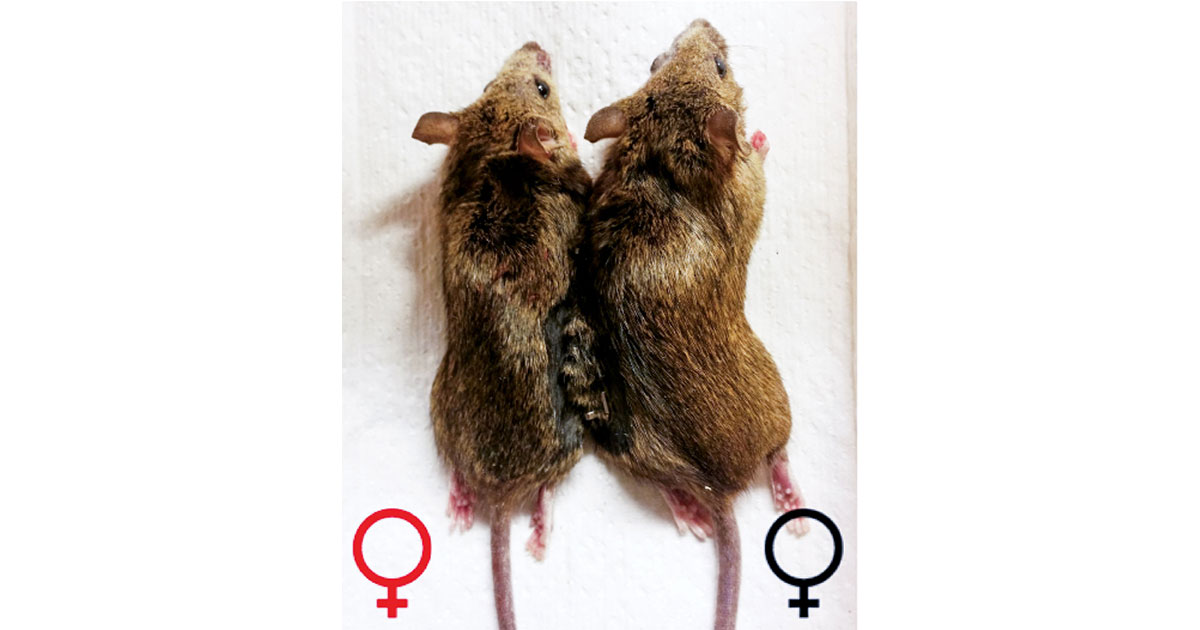Advertisement
Grab your lab coat. Let's get started
Welcome!
Welcome!
Create an account below to get 6 C&EN articles per month, receive newsletters and more - all free.
It seems this is your first time logging in online. Please enter the following information to continue.
As an ACS member you automatically get access to this site. All we need is few more details to create your reading experience.
Not you? Sign in with a different account.
Not you? Sign in with a different account.
ERROR 1
ERROR 1
ERROR 2
ERROR 2
ERROR 2
ERROR 2
ERROR 2
Password and Confirm password must match.
If you have an ACS member number, please enter it here so we can link this account to your membership. (optional)
ERROR 2
ACS values your privacy. By submitting your information, you are gaining access to C&EN and subscribing to our weekly newsletter. We use the information you provide to make your reading experience better, and we will never sell your data to third party members.
Biological Chemistry
The Next Step In Obesity Vaccines
Ghrelin vaccine permits male rats to gain less weight on usual diet
by Stu Borman
August 2, 2006
| A version of this story appeared in
Volume 84, Issue 32

A new obesity vaccine, if developed further for humans, might be the ultimate diet, permitting people to eat normally and lose weight.
The vaccine, developed by assistant professor of neurosciences Eric P. Zorrilla, chemistry professor Kim D. Janda, and coworkers at Scripps Research Institute elicits antibodies that recognize active ghrelin, a hormone that promotes weight gain and fat storage and curbs energy use (Proc. Natl. Acad. Sci. USA, DOI:10.1073/pnas.0605376103).
In the group's study, immunized male rats ate a normal diet but gained less weight and had less body fat than nonimmunized ones. Male rats normally gain weight consistently throughout their lives. The vaccine seems to affect metabolism and energy use, so food is not used as effectively.

The researchers believe the vaccine might help keep dieters from regaining lost weight. "When you diet, the body responds as if it was starving and produces ghrelin to slow down fat metabolism and stimulate eating," Zorrilla says. "This vaccine may have the real potential to prevent or seriously reduce yo-yo dieting, the repetitive cycle of weight loss and gain." But whether it would help prevent obesity caused by energy-dense high-fat Western diets or facilitate weight loss in the obese is unknown.

The vaccine is "certainly novel," says obesity researcher George A. Bray of Pennington Biomedical Research Center, Baton Rouge, La. "But because it's [been tested] in a rodent, which is quite different from humans, its potential importance is unclear." Also, there are ethical concerns, Bray says, as effects of an active vaccine are not totally reversible, and long-term ghrelin inhibition could cause diet regulation problems.
Zorrilla and Janda say the research was a proof-of-principle study and that a passive vaccine (administration of antighrelin antibodies), which would be more controllable, might be best in the long term.
This is not the first ghrelin vaccine–Cytos Biotechnology, Schlieren, Switzerland, has one in a Phase I/II study on 112 obese patients, for example–but the Scripps group notes some distinctions. The work is the first to be reported in a peer-reviewed scientific publication, permitting verification by others. Earlier vaccines have been disclosed only in patents. The new vaccine elicits antibodies against active ghrelin, which is characterized by a lipophilic ester missing in earlier vaccines. Earlier ghrelin vaccines made animals eat less, whereas the Scripps vaccine causes less weight gain from a normal diet. And it shows a longer duration of efficacy than any previous ghrelin vaccine.
Professor of metabolic medicine Stephen R. Bloom of Imperial College, London, says, "Administered antibodies are, unfortunately, not optimal for therapy as they have to be given by injection, are expensive, and can cause unwanted immune effects." In addition, the body may be able to adapt to absence of ghrelin, and blocking it may produce the least effect in the overweight because obesity is associated with low ghrelin levels. Zorrilla disagrees. Although he acknowledges that ghrelin levels are low in the obese, he notes that they rise with weight loss and that the vaccine would halt that rise.
Masayasu Kojima, professor of molecular genetics at Kurume University, in Japan, who discovered ghrelin in 1999, says the new work is "a surprising breakthrough" and could have wide-ranging influence. More study by the Scripps group and confirmation by other groups are needed, he says. But if the results are confirmed, and the new vaccine does not cause serious side effects, it could be "a great step" for obesity treatment.




Join the conversation
Contact the reporter
Submit a Letter to the Editor for publication
Engage with us on Twitter